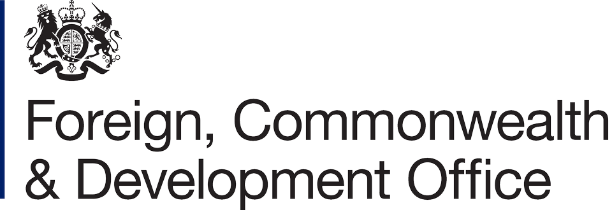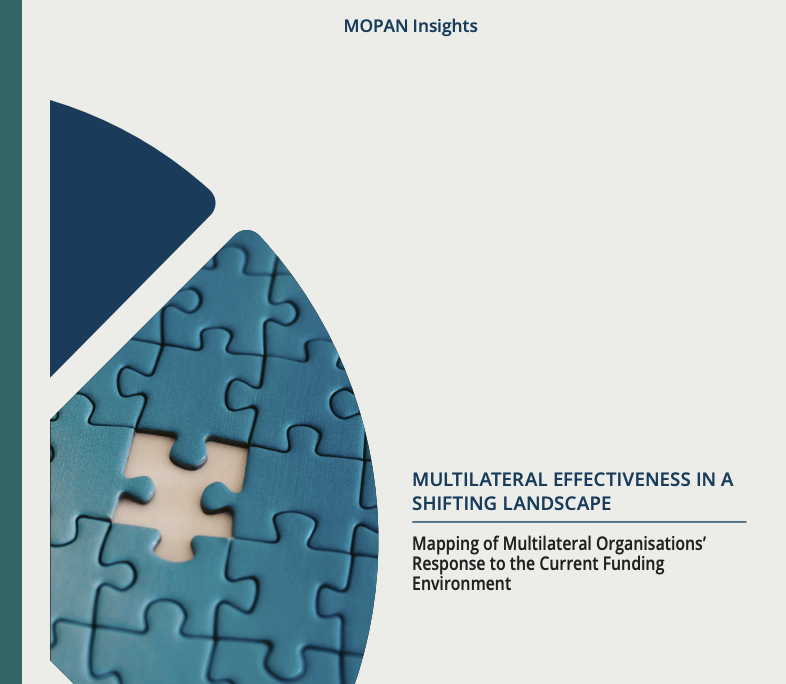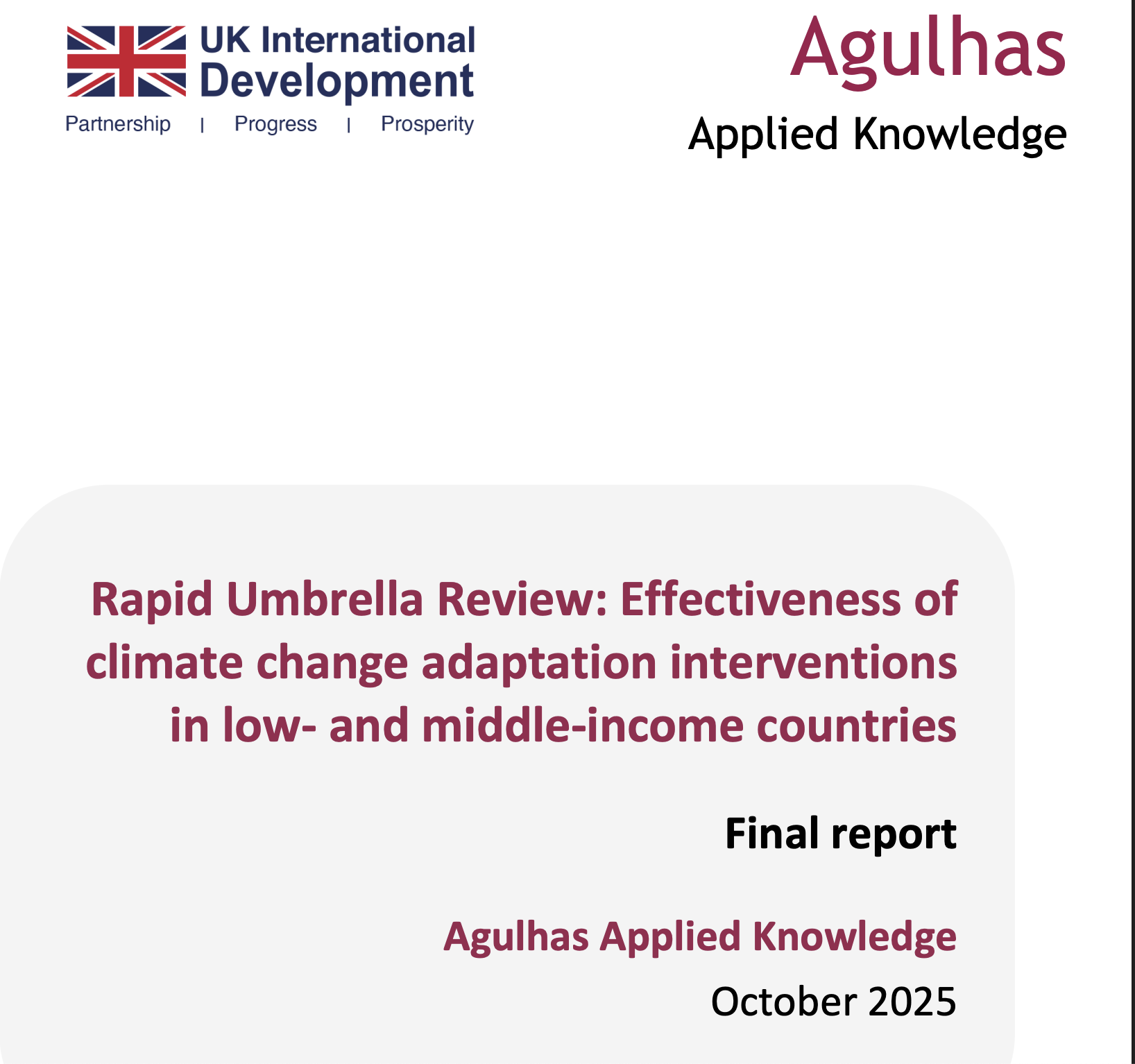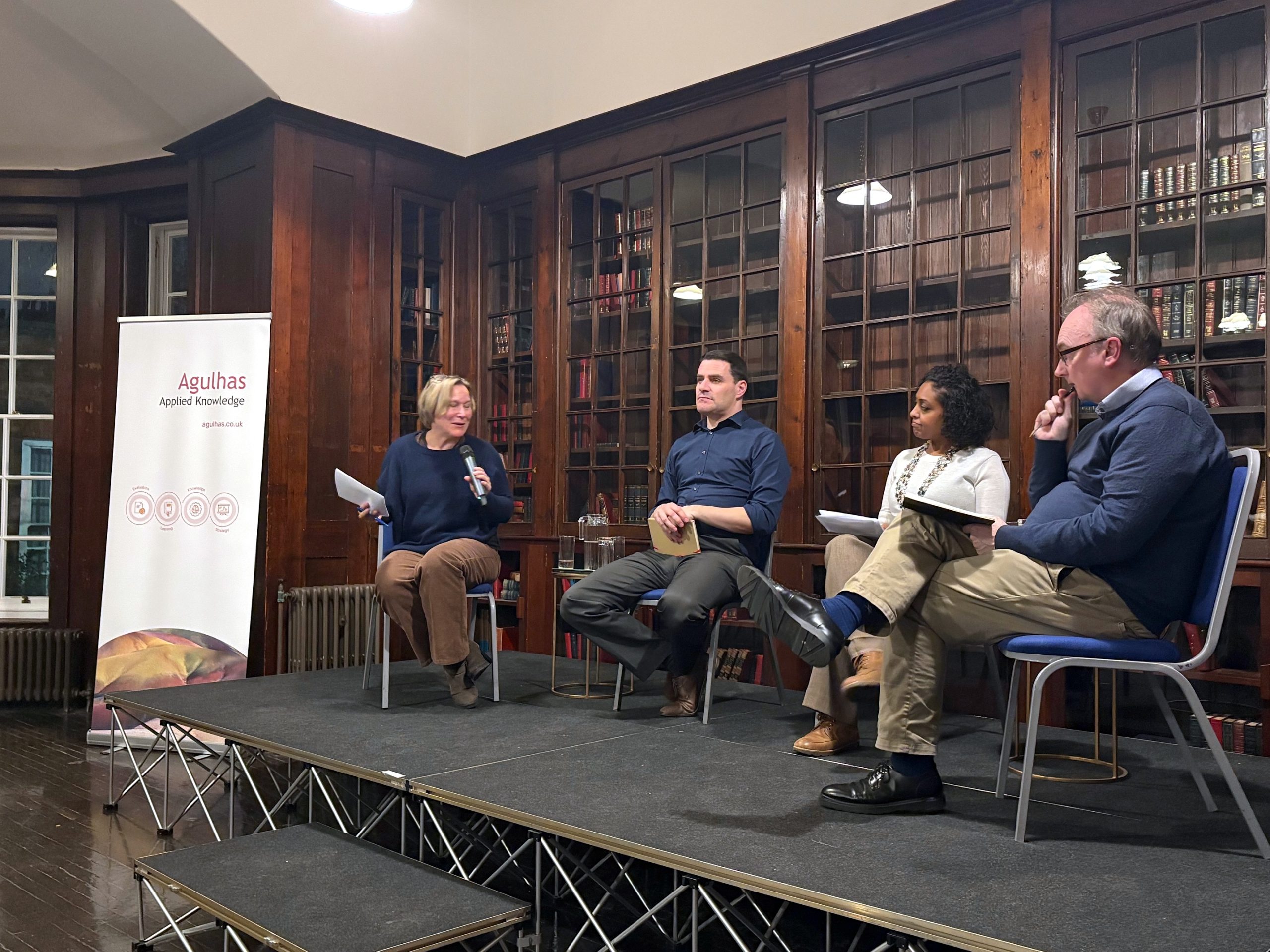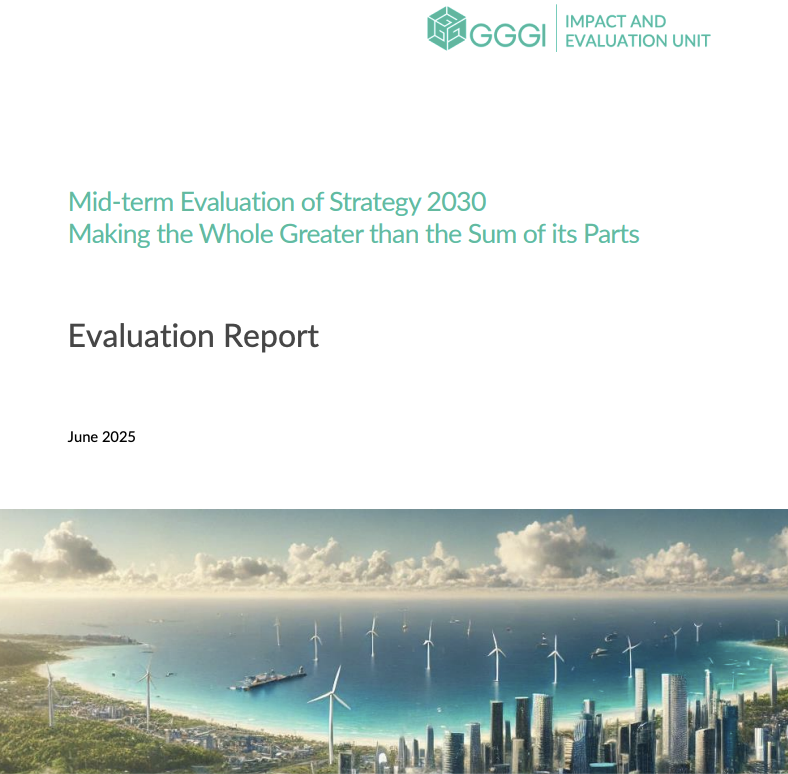This rapid evidence assessment (REA) explores what deters smallholder farmers in the global south from clearing forest to produce commodities or encourages the practice of sustainable agriculture.
The findings of this study will inform FCDO’s Investments in Forests and Sustainable Land Use 2 (IFSLU2) programme, which aims to support smallholder farmers at scale to move to sustainable production at the same time as enhancing the welfare of farmers and their communities.
Key Findings:
Studies were concentrated geographically on Southeast Asia (especially Indonesia), South America (especially Brazil), and West Africa (especially Ghana), with far fewer studies from the Caribbean, Southern Africa, South Asia and the Pacific Islands. The studies covered 23 different crops and commodities, with oil palm the most common, followed by cocoa, maize, cattle, coffee and soybean. In most cases, interventions were combined. Moreover, the studies demonstrate how much context and circumstances affected the design, implementation and outcomes of programmes. What works in one time and place may not be effective in another.
Regulation can curb deforestation. Much depends, however, on the political will to police regulation: when the stick of regulation is not accompanied by the carrot of incentives, regulation will likely be resisted.
Economic incentives can work to conserve the environment and raise returns to farmers in and around tropical forests — but all forms of incentives have requirements in their design, time, and cost to implement if they are to function as intended.
Market creation, and particularly engagement with the voluntary carbon market to fund projects to reduce deforestation, is an attractive way to close an already large smallholder finance gap. How effectively projects can engage with markets, however, varies greatly between project approaches, market type and value chain.
Technology and know-how, including research, extension and training, can enable farmers to farm sustainably, achieve higher yields and hence reduce the pressure to clear more forest. In practice, technology and know-how are components of programmes with other interventions, obscuring technology’s contributions to outcomes.
Access to capital, or lack thereof, can hamper smallholders trying to move to more sustainable practices. While efforts are being made to address barriers through more innovative finance models that reduce transactions costs for financial agencies and farmers, a systematic, general way to do this remains elusive.
Rights and empowerment, and ensuring that smallholder farmers, local communities, Indigenous people and women have a voice in policymaking and implementation for land use and resource management is repeatedly seen as essential for encouraging sustainable agriculture and forest management.
Key Lessons:
Four sets of lessons stand out from this review, concerning: programming and process; programme content; fairness and equity; and learning from experience
Programming and Process: Effective programmes are unlikely to be blueprints: not only do programmes need to be designed to reflect local circumstances, but also, because not enough can reasonably be known before intervening, the initial plan will almost certainly need modification as the programme proceeds and early lessons become apparent.
Programme Content: Simple economics often greatly affect the success of interventions. Time and again, evidence confirms that forest users will only conserve forests and the environment if it is financially worth it to them. Participatory research that brings together formal researchers and extensionists with local farmers will probably make the most progress. Farmer field schools, for example, can be a way to bring participation into research and extension. Meanwhile, Learning about combined interventions is not straightforward. To have enough power to judge what combinations work, and perhaps the contributions of different elements, we need many more evaluations of observed models and practices that consider complex relational dynamics.
Fairness and equity: The studies reviewed show that processes and outcomes can work against people on low incomes and people with little political power. When people have few assets, programmes should include components to support them — with capital grants and technical assistance. Social differences and their implications are typically elements of systems that reveal themselves only after programmes begin, reinforcing the message about managing programmes through adaptive learning.
Learning from experience: The more initiatives that are underway, and the more diverse those initiatives are, the greater the promise that some will succeed and that valuable lessons can be harvested in the near future. Public agencies should search out and learn these lessons, investing in reviewing and assessing these initiatives.
You can also download the review here






